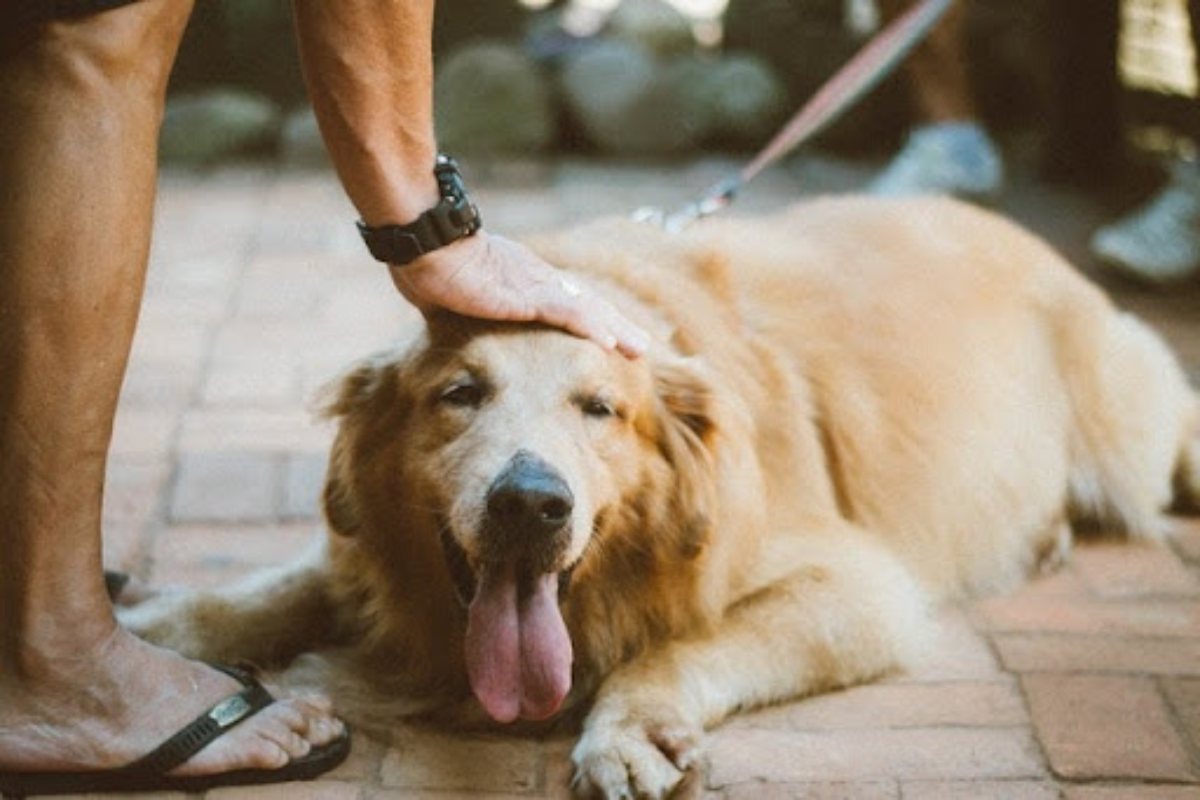It’s every dog owner’s worst nightmare. Your precious pet is sick. Now, it’s almost guaranteed that your dog will get ill at some point during its life, but the level of care and the seriousness of the illness can vary.
Naturally, your first port of call should be a visit to the vet, but what then? Your dog may need extra medical care, both at home and at the vet’s office. How can you cope with that? What should you do?
Of course, situations may vary, depending on what’s wrong with your dog, its age, and more. We’ll discuss three top tips that can be applied to just about any situation, and also discuss how you can prepare to nurse a sick dog at home.
Table of Contents
Ask Questions – and Listen Closely!
When you take your dog to the vet, ask plenty of questions about your dog’s illness and how you should treat them at home. If necessary, write up a list of questions at home to ask the vet, and you might even want to take notes for later.
Listen closely to the vet’s advice. Your vet is a professional, and while there’s plenty of information online about caring for sick dogs (you should certainly research your dog’s problem, by the way), it won’t replace talking with a professional.
Prepare Equipment
You might need to stock up on medical equipment for your dog at home. This might be nothing more than making sure your dog gets its medication on time and doesn’t overexert itself, but you may also need to work a bit harder.
You may need to check your dog’s blood pressure, give them frequent injections, or even invest in specialized medical equipment, like spo2 lingual sensors, to monitor your dog’s vitals and blood pressure.
Talk to your vet about what equipment you might need. Be aware that medical equipment for pets can be expensive.
Stay Alert and Keep Your Dog Calm
More than ever before, you’ll need to stay alert. For example, your vet may recommend that your dog doesn’t jump or exert itself at all. This means no running, no zoomies, and no jumping on the couch. If these are all things your dog loves to do, you’ll need to stay vigilant and prevent them from injuring themselves.
You may also need to keep an eye on your dog in case its condition worsens, and you need to make an emergency trip to the vet. Remember, your dog can’t tell you where it hurts or what’s wrong – it’s up to us as the owners to anticipate our pet’s needs and act accordingly.
The Bottom Line
Dealing with a beloved pet’s illness can be stressful and often isn’t easy. However, it is possible to nurse your dog back to health, with a little vigilance, preparation, and advice from a vet.
Why not try working out a plan, in which each member of the family spends time watching the dog? This can help make sure your pet has round-the-clock care without one person taking the brunt of the responsibility.

